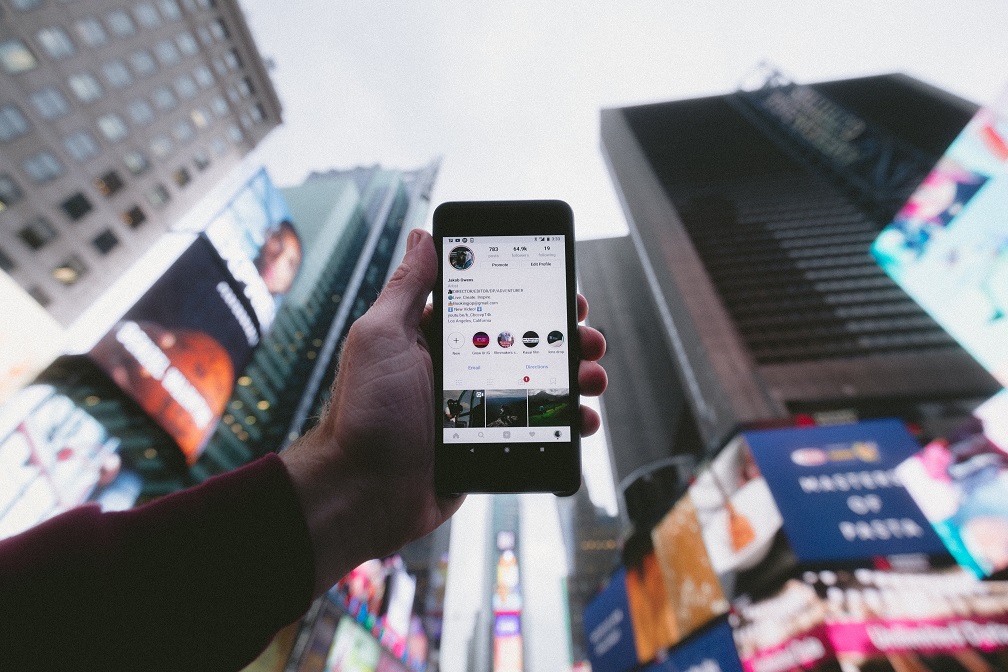Social media can be fun. That’s why billions of people are using them every day. Cybercriminals understand very well just how many people enjoy spending their time updating their status, liking other people’s posts, and engaging in conversations. The social media is like a goldmine for those crooks.
With the ever-growing increase of social media threats, should you stop using social media? Of course not. You just have to learn about the safe way of using social media. Let’s talk about it more below.

Safety Tips for Social Media
# Use a strong password
A long password is much better than a shorter one. Everybody knows that, right? However, longer passwords are harder to remember. An easy way to solve that problem is to grab your favorite sentence from your favorite novel or movie.
Here’s an example. Let’s suppose you love the movie Shrek and you love how Donkey says “I like that boulder. That is a nice boulder.” Just use that as your password like this: ILikeThatBoulderThatIsANiceBoulder. Add a series of numbers and one symbol at the end and you’re golden. A brute force attack will take forever to crack that one.
# Use a different password for each account
You cannot afford to become lazy when it comes to password. Using the same one for all your social media accounts can be disastrous. The moment hackers acquire one password, your whole account is at risk.
# Activate Two-Factors Authentication (2FA)
If the social media you’re using has a 2FA feature, use it. With the extra step to the basic login method, your account will be more secure.
# Never share sensitive personal information
When you give out too much information about yourself, you’re opening yourself to various criminal acts. Don’t let stalkers know your favorite route back from work. Never let potential burglars know when you leave the house unattended. Filter which information the world should know and which one you should keep to yourself.
# Report negative content
You should be vocal when it comes to negative content. Social media sites usually have their own method for users to report negative content. If you stumble upon one of that abusive or harmful content like bullying, be sure to report it so it won’t drag on.
# Be very careful before clicking any link
Social media is an attractive ground to spread malicious links. Ever heard of Koobface? That malware used Facebook and Twitter to spread itself even more. After gaining access to an account, it sent messages to the victim’s followers and friends with a link attached. Clicking the link leads people to a website that automatically started the infection process.
Always remember that when your “friend” send you a message with a link in it, make sure the site is legit. For instance, if you get a message about this online tool that can convert your media files easily for sharing on services like Youtube, Instagram, etc., make sure the link points to online-convert.com. All the tools and add-ons offered on the site are legit and you have zero risk of catching a malware
# Respect other people
Alright, just because we put this one last doesn’t mean it’s less important than the others. Too many people are too comfortable about disrespecting other people online because there’s no risk of getting punched in the face. Don’t be one of those people.
There was news about the NASA intern who was fired for her disrespectful tweet on Homer Hickam who works on the council that oversees NASA. That single instance should be proof enough why disrespecting people is bad no matter where you are.
Do remember that freedom of speech protects you from being arrested by the government for voicing your opinions. Your employer, however, still has the freedom to fire you when your action doesn’t match their values.
